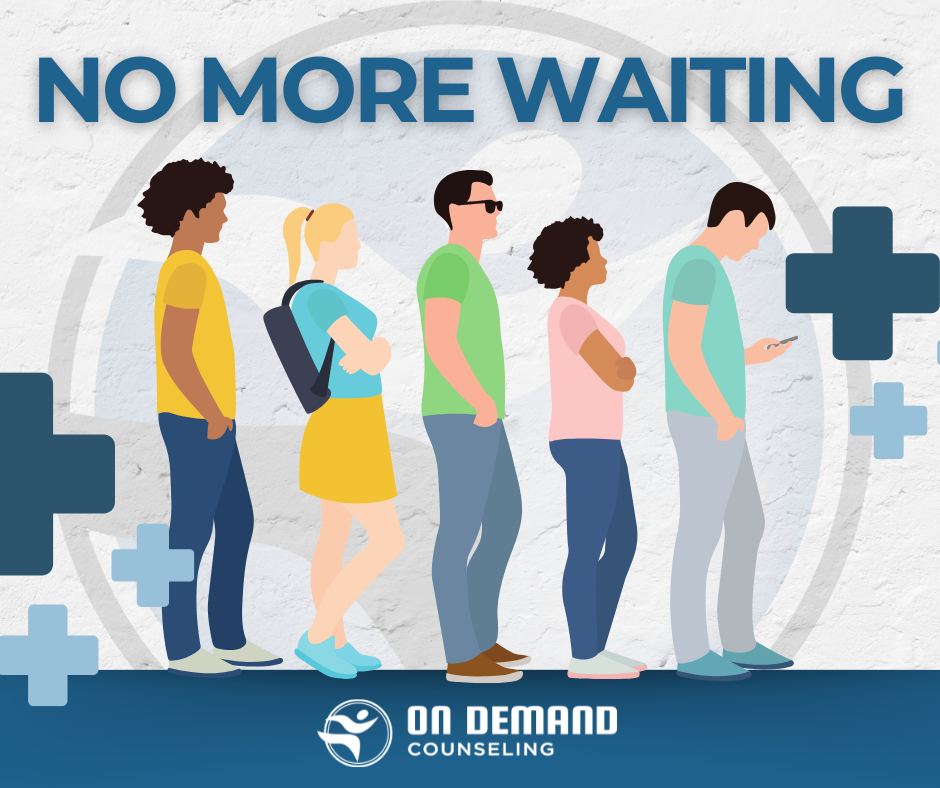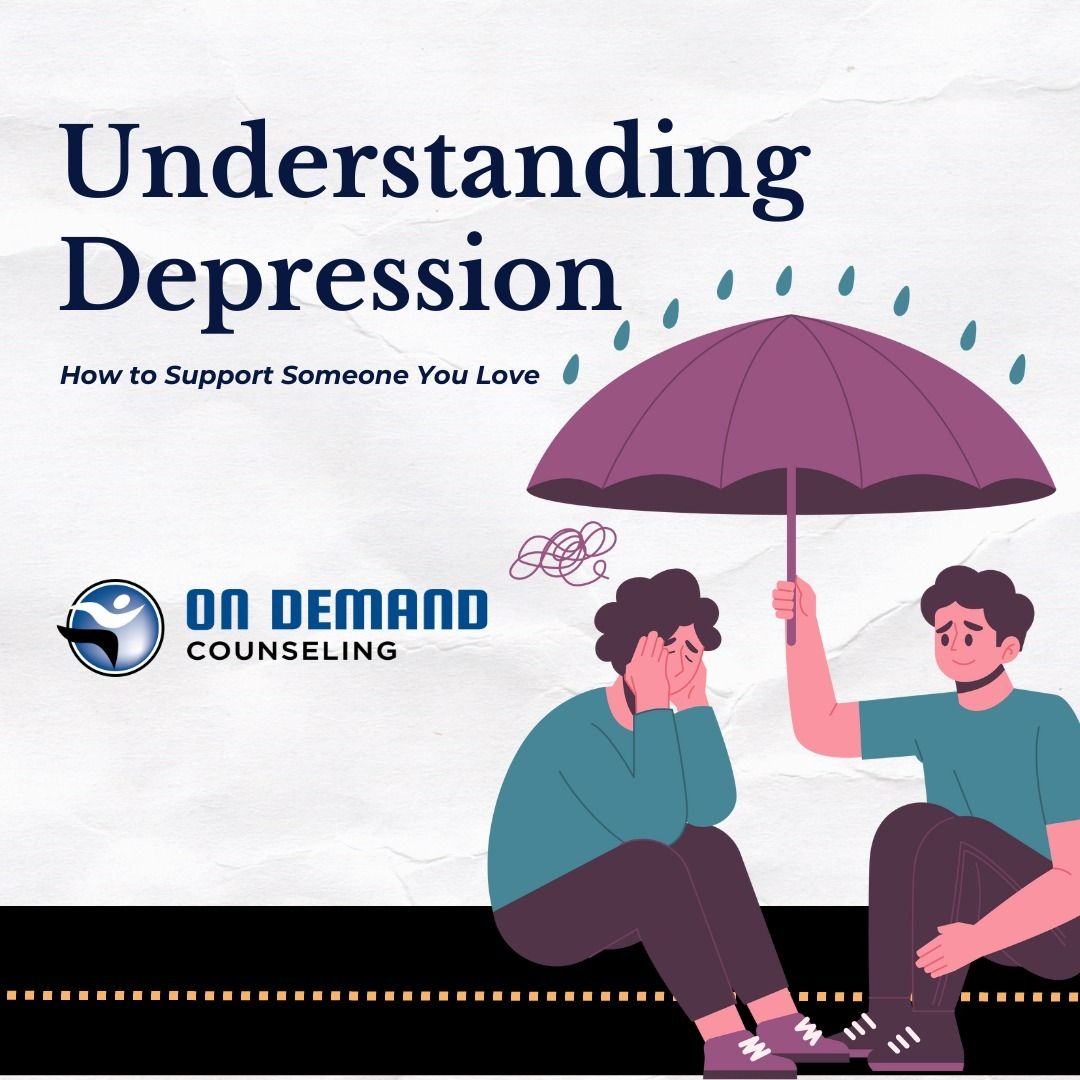How Long Is Outpatient Rehab?

Outpatient treatment has a multitude of benefits and is imperative to many individuals who are recovering from drug and alcohol addiction. For people who have realized that they have a problem before it’s progressed to a severe stage, it can even be the ideal first step on the journey to recovery.
If you’ve been through inpatient rehab, you might be feeling proud that you’ve successfully completed your substance abuse treatment program. While you should celebrate your achievement, don’t mistake your accomplishment as a cure for drug addiction. Substance use disorders are chronic diseases, and maintaining sobriety is an ongoing process. A step-down from residential inpatient treatment to an intensive treatment plan to general outpatient is one of the most effective methods of recovery from drug use for many individuals.
What’s the Difference Between General Outpatient and an Intensive Outpatient Program (IOP)?
During intensive outpatient treatment, you spend up to four days a week in a rehab treatment facility for up to three hours at a time. Your schedule will include a combination of individual therapy sessions and group therapy, according to your unique needs. With medication assisted treatment, if you’re taking a course of detoxification medication, the detox medical care staff will administer this and monitor your progress. Intensive outpatient care usually lasts anywhere from a month to six months, according to your drug addiction treatment progress and how you feel.
What is an Outpatient Addiction Treatment Center?
Outpatient addiction rehab is a continuation of intensive outpatient drug rehab or residential programs. They can also be utilized for someone who is on the road to recovery but has suffered a minor setback in the form of relapse. If you’re suffering from a mild substance use disorder, general outpatient care treatment options could be an effective first step on your recovery journey.
How Long Should You Attend Outpatient Treatment?
A general outpatient treatment program is something you should make a judgment call about how long to continue. Most of the people who succeed in maintaining abstinence on a long-term basis tend to attend an outpatient rehab program for a long time, whether it’s 12-step meetings, process groups or community support groups. Listening to what other people have been through can be a huge motivational factor in staying sober, plus you may form lifelong bonds with people who have the same intentions as you.
Once you’ve been in drug and alcohol rehab recovery for more than a year, going to an aftercare support group begins to take on a new dimension. As you meet new members of the support system group, you are setting the example of someone who has shown the strength to maintain sobriety. This sense of responsibility often boosts self-esteem and gives you an incredible sense of achievement and fulfillment.
Do I Need Individual Therapy Once My Addiction Treatment Program Is Finished?
You and the addiction counselors you work with can decide how long you continue with individual therapy. If you have an underlying mental health condition, it may be a good idea for you to continue behavioral therapy with a mental health service plan for a year or more, depending on the severity of your co-occurring disorder. If your treatment provider is satisfied that you’ve gained the level of care necessary through individual counseling to maintain sobriety while managing your mental health, they’ll let you know.
For more information about how outpatient drug and alcohol treatment can help you to overcome the obstacles that have kept you tied down to addiction, call On Demand Counseling today at 330-270-8610.
Quick Links

Contact Us
We’re here to assist you. Contact our dedicated support team for any inquiries or assistance you may need.






